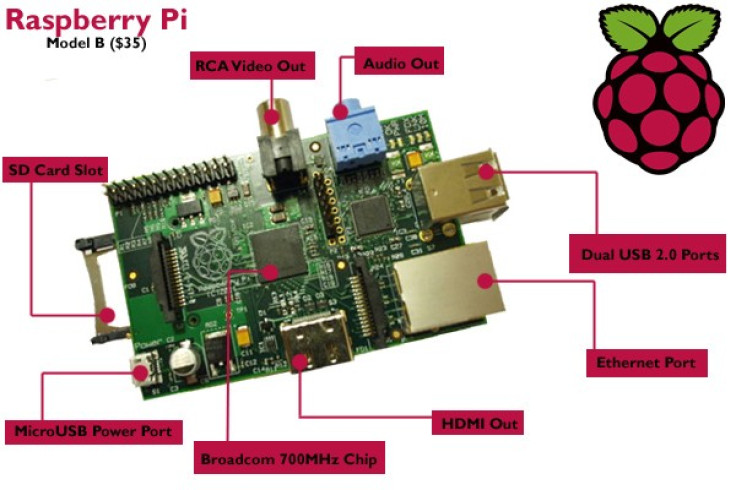Google Funds Raspberry Pi Computers and Teachers in UK Schools [VIDEO]
A partnership between Google and the charity Teach First will fund more than 100 teachers for UK schools, with the majority specialising in computer science.

The teachers will be given funds to buy equipment related to their classes and the low-cost Raspberry Pi computer will be used in the scheme.
"The success of the BBC Micro in the 1980s shows what's possible. There's no reason why Raspberry Pi shouldn't have the same impact, with the right support," Google's chairman Eric Schmidt said in a speech at London's Science Museum.
Schmidt warned that the UK risked "losing a generation" of scientists unless it provided better education.
"Put simply, technology breakthroughs can't happen without the scientists and engineers to make them. The challenge that society faces is to equip enough people, with the right skills and mindset, and to get them to work on the most important problems," he said.
Teach First currently operates in seven English regions, including London, East and West Midlands, Kent and Medway, the North East, the North West and Yorkshire and Humber.
The charity provides six weeks training to graduates who are dubbed "exceptional". They are then placed in schools to teach classes over a two-year period.
Schmidt said the scheme should benefit up to 20,000 students in "disadvantaged communities".
"It's vital to expose kids to this early if they're to have the chance of a career in computing. Only two percent of Google engineers say they weren't exposed to computer science at high school," Schmidt added.
"While not every child is going to become a programmer, those with aptitude shouldn't be denied the chance."
In a speech in August 2011 at the Edinburgh International Television Festival Schmidt criticised the ICT curriculum in UK schools and warned that if classes focused on using software rather than creating it the UK would be "throwing away its great computing heritage".
Education minister Michael Gove responded by ordering a revamp of the ICT syllabus in schools in England and Wales.
"Scrapping the existing curriculum was a good first step, the equivalent of pulling the plug out of the wall. The question is now how to power up," Schmidt said in his speech.
© Copyright IBTimes 2024. All rights reserved.





